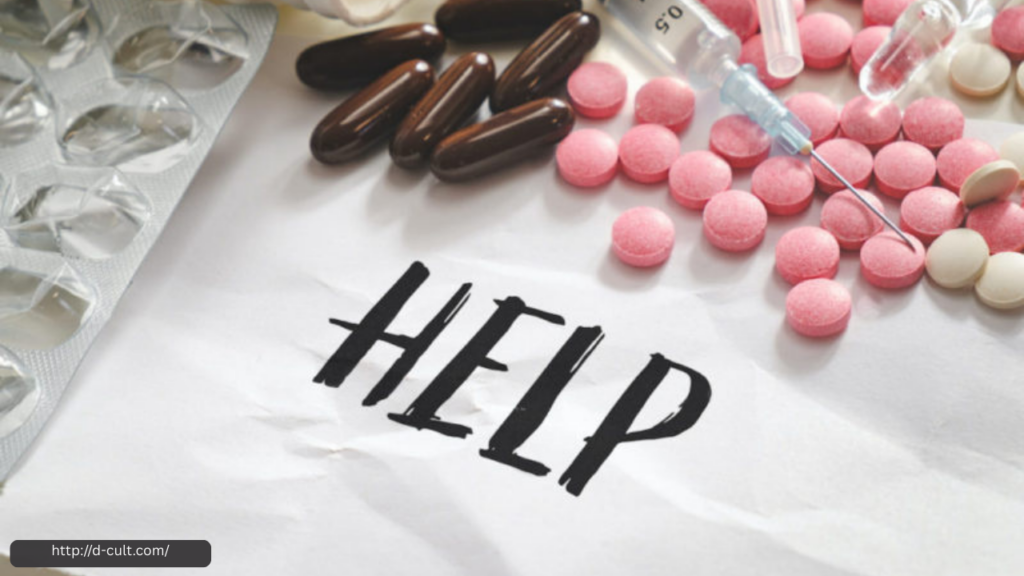
Trauma can leave lasting emotional scars, often affecting a person’s thoughts, behaviors, and overall well-being for years after the original experience. For many, especially those who lack support or mental health resources, the burden of unresolved trauma can become overwhelming. In an attempt to cope, some turn to drugs or alcohol—not to feel high or party, but to escape emotional pain. This coping strategy, however, often leads to dependence, creating a harmful cycle that’s difficult to break.
Trauma and Its Lingering Effects
Trauma can result from a wide range of experiences, such as childhood abuse, domestic violence, combat exposure, accidents, or the sudden loss of a loved one. In many cases, the person may not even fully recognize the lasting impact of these events. Trauma can disrupt the brain’s natural stress-response system, leaving a person in a constant state of fear, anxiety, or numbness.
When someone carries these heavy emotional burdens without proper support, it’s common for them to seek relief wherever they can find it. Drugs and alcohol offer temporary escape or distraction, making the pain seem more manageable—if only for a moment.
Self-Medication: A Dangerous Coping Tool
The concept of self-medication is central to the relationship between trauma and substance abuse. People often use substances to manage symptoms like insomnia, panic attacks, intrusive thoughts, or deep depression. Alcohol might numb the pain, sedatives might help with sleep, and stimulants might provide a burst of energy or relief from emotional numbness.
However, this relief is short-lived and deceptive. As tolerance builds, the person needs more of the substance to achieve the same effect. Eventually, what started as a coping mechanism turns into a physical and psychological dependence. Worse, substance use often prevents real emotional healing, as it masks the pain rather than addressing its root cause.
A Vicious Cycle: Trauma Feeding Addiction
Substance abuse doesn’t just fail to resolve trauma—it often makes things worse. People may experience shame, guilt, or additional traumatic experiences related to their drug use. They may damage relationships, face legal trouble, or develop serious health problems. Each negative consequence can reinforce the original trauma or create new traumatic events, deepening the cycle of addiction.
This connection between trauma and addiction is particularly strong in people with Post-Traumatic Stress Disorder (PTSD), where the use of drugs or alcohol is often an attempt to control symptoms. Without treatment, both the trauma and the substance use disorder can intensify.
Breaking the Cycle with Trauma-Informed Care
Recovery from trauma-fueled addiction requires more than willpower—it demands compassionate, trauma-informed care. This approach recognizes that past trauma is often at the root of substance use and seeks to treat both conditions together.
Therapies such as cognitive behavioral therapy (CBT), Eye Movement Desensitization and Reprocessing (EMDR), and mindfulness-based approaches have proven effective. When combined with peer support and professional guidance, they help individuals build healthy coping skills, process their trauma, and regain control over their lives.
Conclusion
Many people don’t turn to drugs to get high—they do it to survive the pain of trauma. Understanding this reality can lead to more empathy and better support for those struggling with addiction. Healing is possible, but it starts with addressing the pain that led to substance use in the first place.